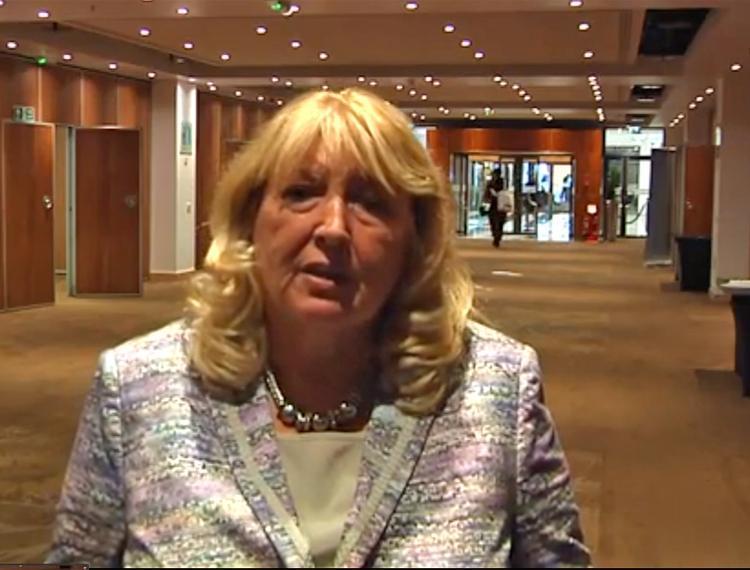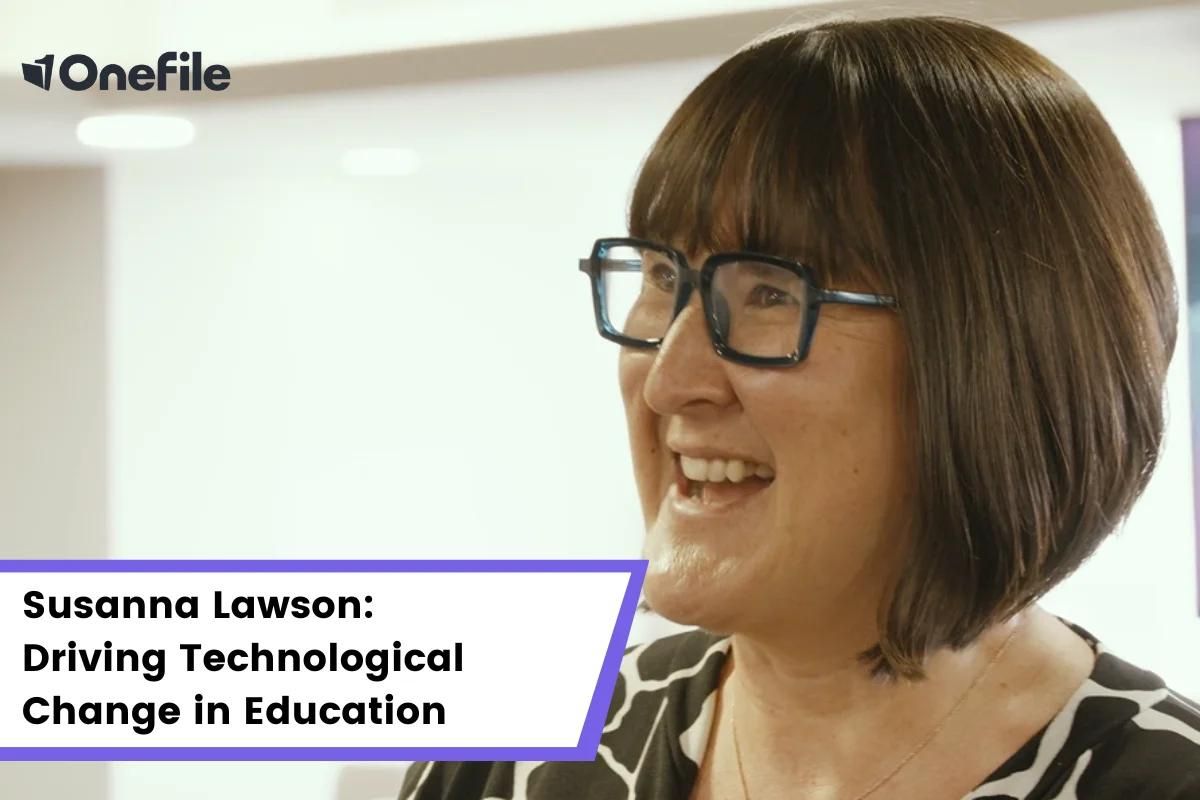Susan Pember discusses her four pressing issues in Adult Education

We chat with Dr Susan Pember, Director of Policy at HOLEX about her four pressing issues that the UK faces, which adult education and training can help resolve. We caught up with Susan just after her speech at the AELP annual conference. She left the stage after rousing applause for highlighting, to SFA and EFA Chief Peter Lauener, her views on the current Apprenticeship end point assessments. She commented during the Q&A ‘It’s morally wrong to start an apprentice on a programme when you don’t know how they are going to be tested at the end”.
Susan who previously spent 13 years at BIS, is a highly regarded education strategist across the sector, was in top form, so we asked her to highlight her four pressing issues in Adult Education. During her speech Susan set the scene “Adult learners are not really catered for in the English system. Yes, we have some finding, but no policy and it relies on whether LA’s want to do it, so this leads to patchy coverage. Yes, the Apprenticeship programme is open to the slightly older person, but constantly comes under criticism for doing so and colleges seem to have diverted their energy ito 16-24. This policy vacuum is building up problems for the future”.
Please click on the video below to hear Susan’s four pressing issues in Adult Education:
https://www.youtube.com/watch?v=c9nHAB-aFZY
The four issues that Susan highlights are:
1) Low productivity: The apprenticeship programme will help, but the main issue is with the 1 in 5 in the workforce who have poor literacy and numeracy skills, which results in too many mistakes and poor productivity. In her speech Susan highlighted “Whatever you think of Train to Gain, in its last year it did facilitate a million adults to a level 2.”
2) Length of time in work: We are all expecting to work into our late 60’s. But, we can’t all expect to do the job that we trained for in our 20’s. It needs to be accepted that we will change our careers and need a system that caters for re-training. For example, a system giving tax breaks for learning made an accepted element in a career path. This is not a sign of failure – just a recognised step in a normal career path.
3) Integration in society and work: Susan explains that more needs to be done on integration in society and work. We need to rebalance social harmony. The workplace and education are key to this. Employers need to recognise their role in ensuring their workers speak English and are tolerant to different cultures and behaviours.
4) How education and learning are the key to better health and wellbeing: Susan explains that soon the over 60’s will be our country’s largest socio-economic group. As a country, we need to start planning on how education can help improve their quality of life while at the same time not losing their skills and experience. We know from research into wellbeing it is better to be active in learning because it aids mental health, stops depression and improves integration. So should we consider what other countries have started to implement with policies that cover education and health. Some are looking to harness experience by arranging buddying up with younger less experienced employees and others (like France) are building policy and infrastructure for the ‘Silver Economy’.
What do you think about Susan’s four pressing issues? Please write your comments below:











Responses